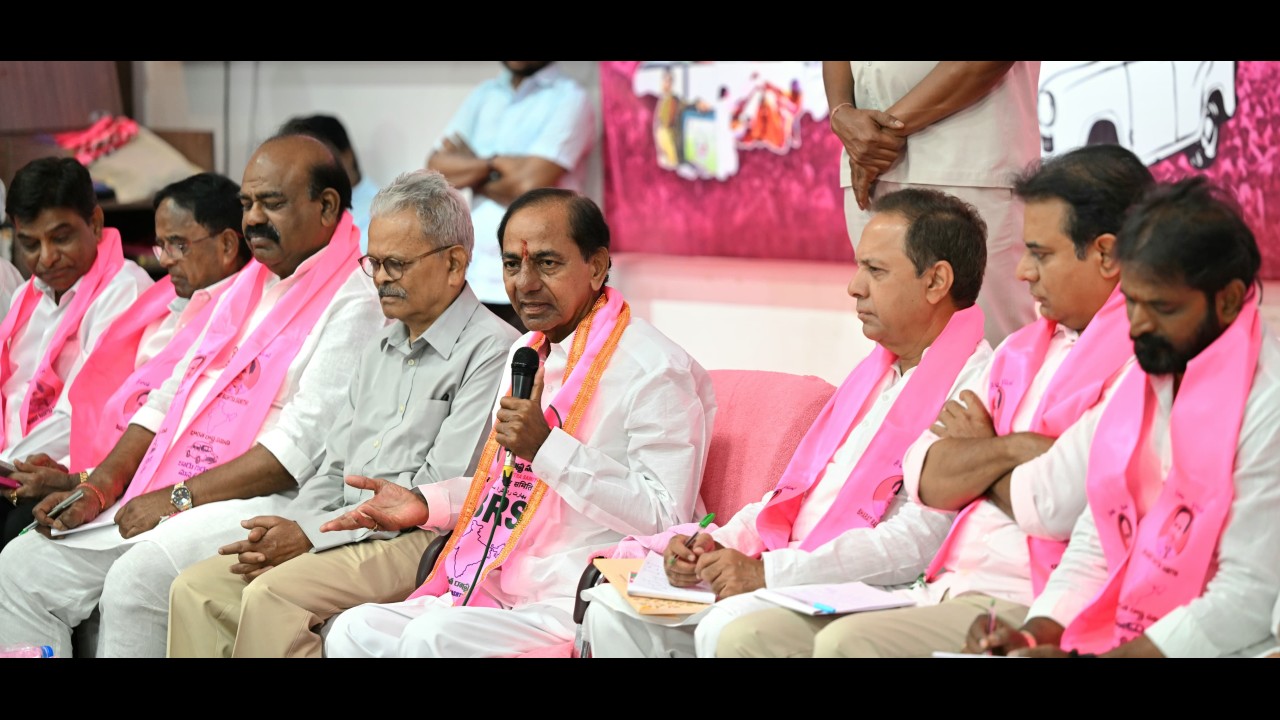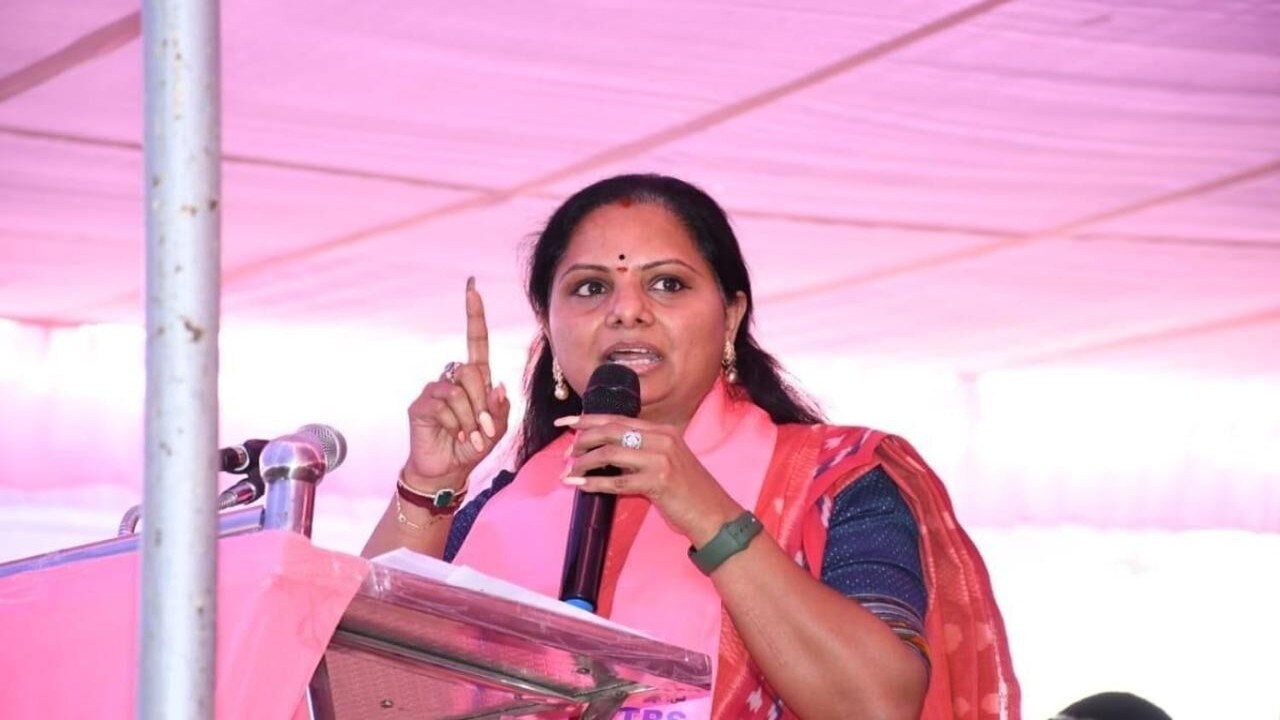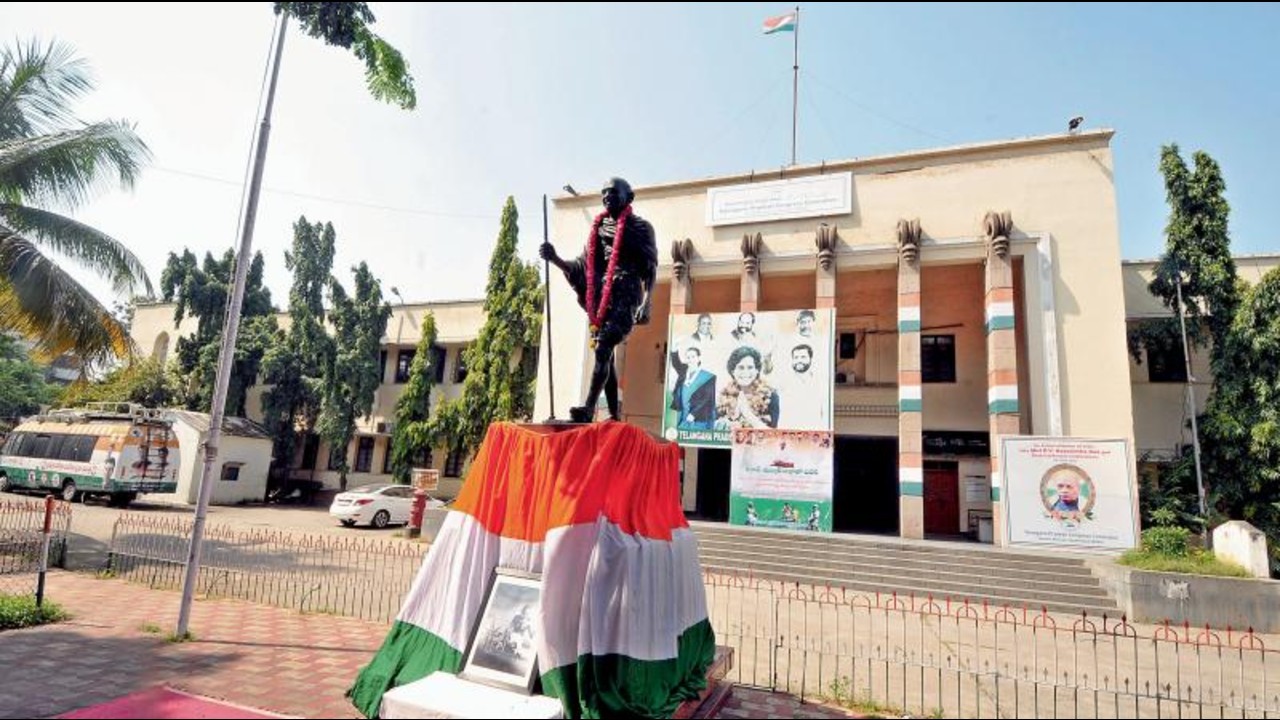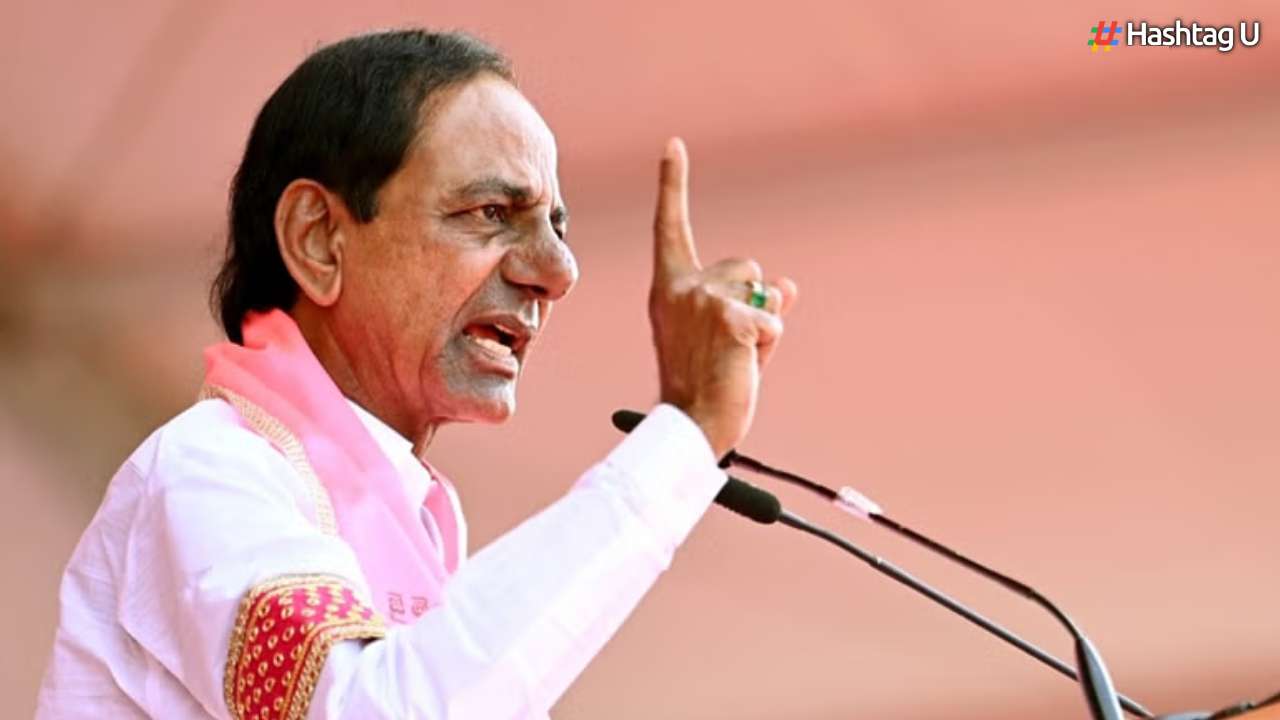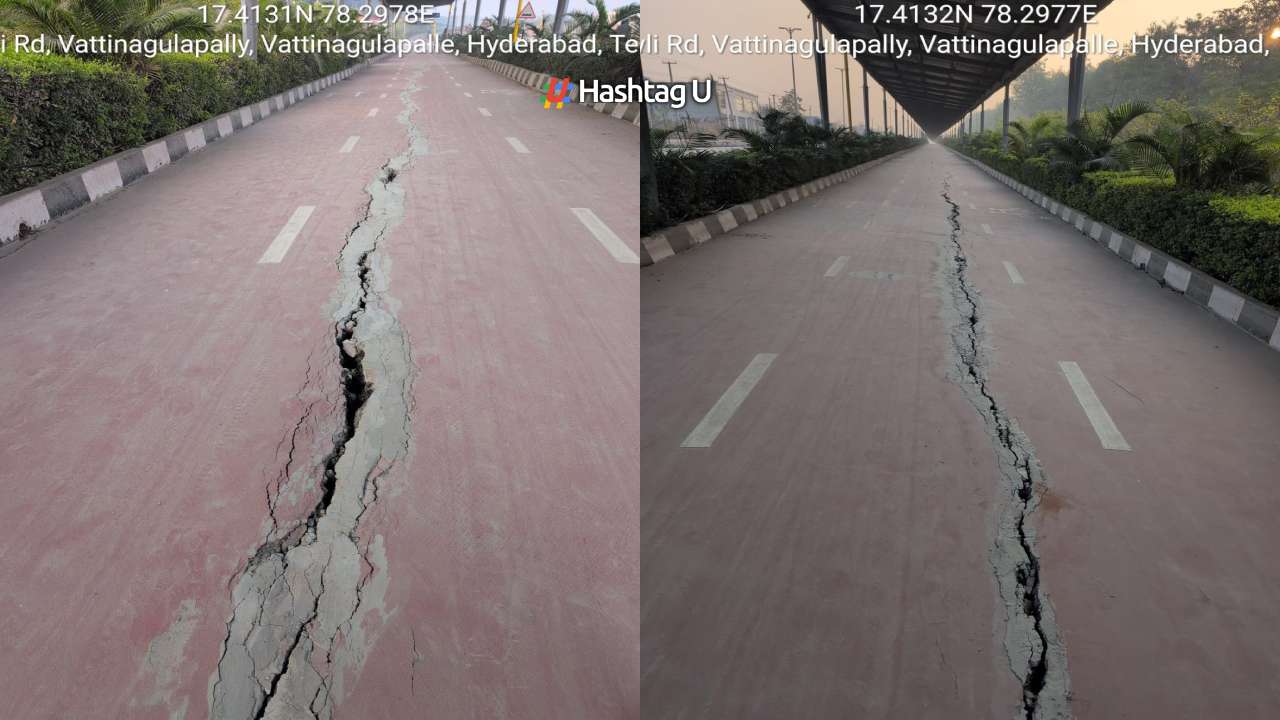KCR Personally Liable for Massive Mismanagement in Kaleshwaram Project, Says Inquiry Panel
The report was presented to Chief Minister A. Revanth Reddy’s Cabinet on Monday, nearly 10 months after a structural failure at the Medigadda barrage
Dinesh Akula | Published On: Aug, 4, 2025 | 04:30 PM
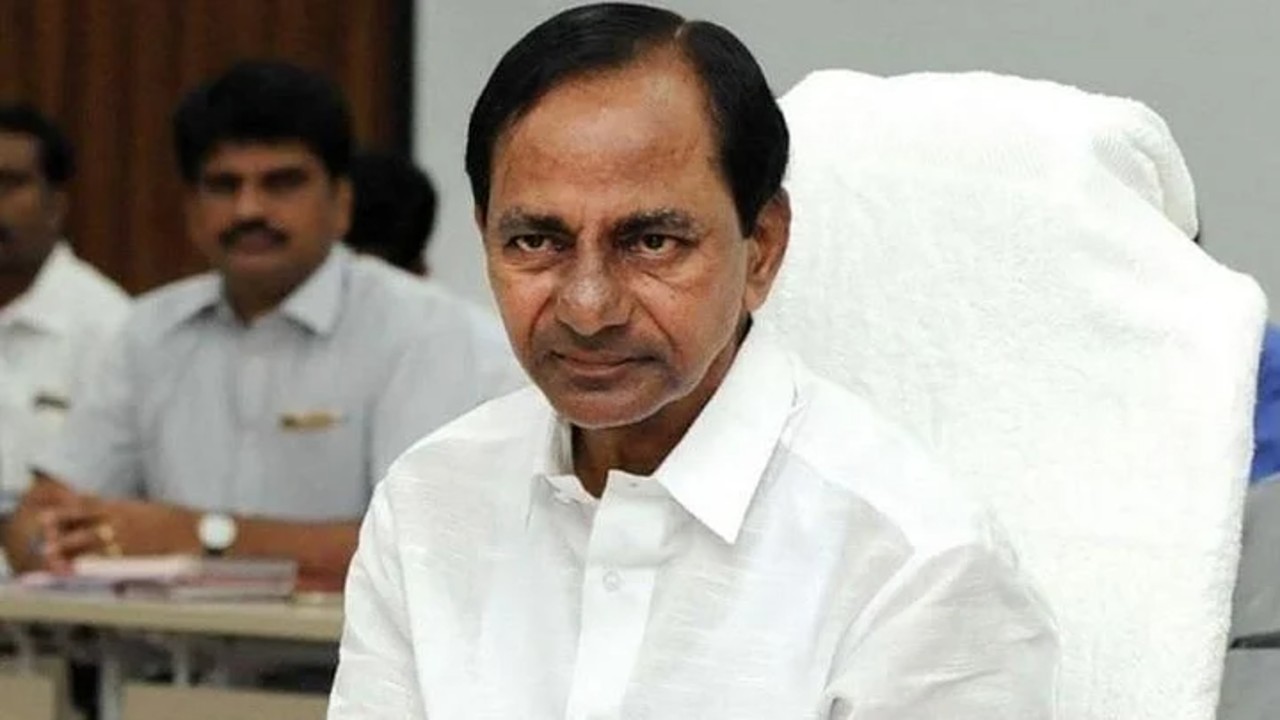
Hyderabad: A judicial inquiry into Telangana’s ambitious Kaleshwaram Lift Irrigation Project has directly blamed former Chief Minister K. Chandrashekar Rao (KCR) for widespread irregularities, flawed planning, and mismanagement. The damning report, submitted by the one-man commission led by former Supreme Court judge Justice P.C. Ghose, accuses KCR of personally authorising critical decisions that bypassed government protocol and expert advice. According to the inquiry, KCR and his then irrigation minister T. Harish Rao unilaterally decided to construct the three major barrages at Medigadda, Annaram, and Sundilla without presenting the plans before the Cabinet—an apparent violation of established government procedures. These decisions, the commission said, led to severe structural issues, inflated costs, and a lack of operational preparedness. The report was presented to Chief Minister A. Revanth Reddy’s Cabinet on Monday, nearly 10 months after a structural failure at the Medigadda barrage. On October 21, 2023, one of the barrage’s pillars (Pillar No. 20, Block 7) sank, prompting emergency inspections by the National Dam Safety Authority (NDSA). In response, the Congress-led government requested a full inspection of all three barrages. The commission found that as early as January 2015, an expert committee had advised against building the Medigadda barrage due to the high financial and time costs. However, the inquiry states that KCR and Harish Rao disregarded the recommendation, effectively sidelining the expert report by keeping it “in cold storage.” The project’s cost, initially pegged at ₹71,436 crore, ballooned due to frequent changes in design and specifications. The commission termed this escalation a “wrongful siphoning of public funds,” indicating financial misconduct at multiple levels. Justice Ghose’s findings also point to critical design flaws. The barrages, designed with permeable foundations meant for water diversion, were instead operated as full-capacity storage structures — a violation of engineering standards. This misuse is believed to have contributed to the structural failure and eventual flooding. The report further criticises the absence of any meaningful maintenance regime. “There was absolutely no operation and maintenance of any nature,” it said, citing the lack of both pre- and post-monsoon inspections. Adding to the list of failures, the commission says the KCR government issued a “construction completion certificate” for the Medigadda barrage without due diligence. The certificate, according to the report, was “illegal, improper and issued with malafide intent to unduly benefit the construction agency.” Other key political figures weren’t spared either. The report states that Harish Rao “intentionally” ignored expert warnings, while former Finance Minister Eatala Rajender showed a “lack of commitment and integrity” in protecting the financial interests of the newly formed state. In its final assessment, the commission concluded that the Kaleshwaram project was marred by “rampant and brazen financial irregularities,” stemming from top-level decisions made without transparency or accountability.



